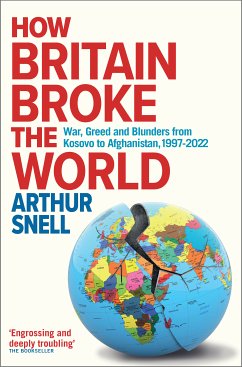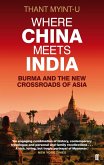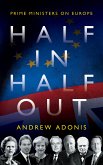- Non-fiction Editor's Choice in The Bookseller
- Appeals to politics and history readers
- Geopolitical version of Prisoners of Geography by Tim Marshall
- Topical content with foreign affairs in news (Russia/China)
- Global focus: Europe, Middle East, Russia, China, India, USA
Dieser Download kann aus rechtlichen Gründen nur mit Rechnungsadresse in A, B, BG, CY, CZ, D, DK, EW, E, FIN, F, GR, HR, H, IRL, I, LT, L, LR, M, NL, PL, P, R, S, SLO, SK ausgeliefert werden.









